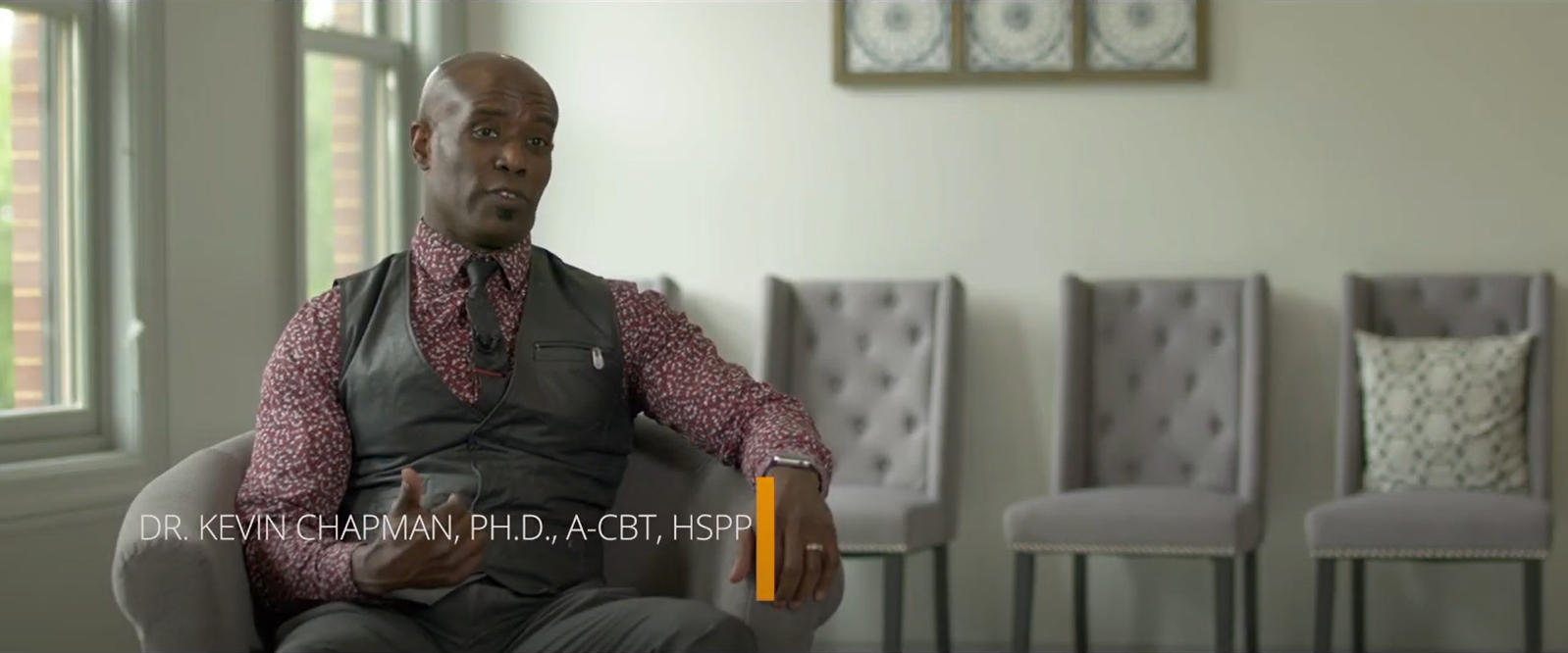OCD
What is Obsessive Compulsive Disorder (OCD)?
Treatment for OCD
Fortunately, there is hope for the treatment for OCD. One of the most effective treatments for OCD is Exposure and Response Prevention), which is a form of cognitive behavioral therapy (CBT). ERP is a very structured, time-limited approach that teaches individuals with OCD to face feared situations in a “graduated” fashion (move from one situations that causes moderate anxiety and distress to the next after successful completion) while disengaging from compulsions. Through these repeated exposure exercise and ritual prevention, individuals with OCD learn:
- Anxiety naturally decreases on its own through repeated exposure
- Feared outcomes rarely if ever happen
- Anxiety does not lead to insanity
Although ERP is initially difficult for most individuals, most individuals report it getting much easier through repetition and consistency. Most individuals experience significant improvement in roughly 8-10 treatment sessions of ERP.
For more information on OCD and ERP, visit the International OCD Foundation
OCD is characterized by recurrent, thoughts, images, and impulses that come into your mind when you are trying to focus on something else that also cause significant distress and anxiety. Most individuals with OCD have an urge to engage in an action aimed at neutralizing the anxiety and distress (compulsion or ritual). Obsessions do not often make sense and individuals who suffer from OCD often recognize that these thoughts are not normal. Compulsions are physical or mental aimed at decreasing the anxiety and distress associated with obsessions. It is estimated that 1 in 100 adults and 1 in 200 children in the United States have OCD.



“Hear My Story is an organization that seeks to bring hope and healing to people struggling with all kinds of mental health issues through storytelling.

“OCD in Kentucky is a serious condition but remains misunderstood”
